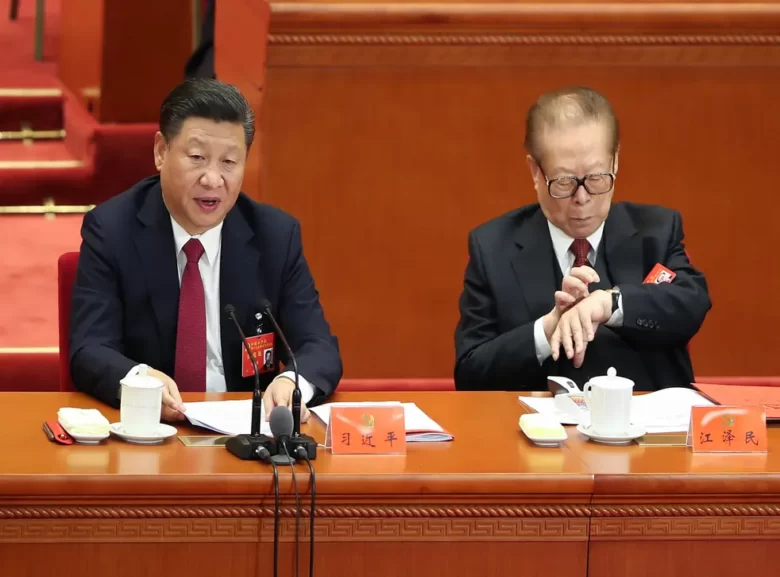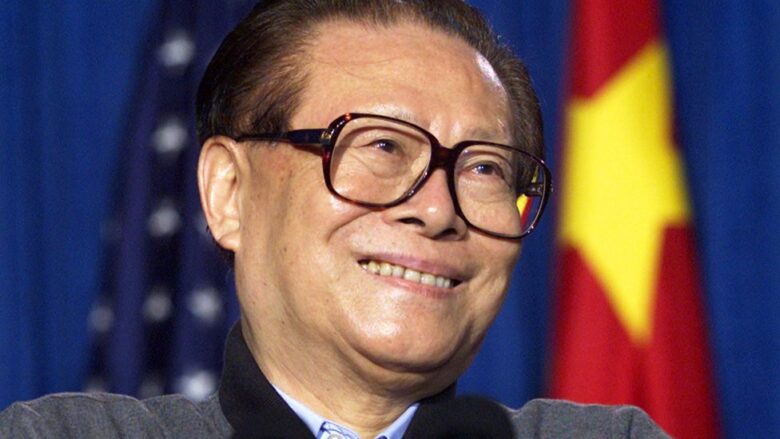Former Chinese President Jiang Zemin, former General Secretary of the Communist Party of China, died of multiple organ failure due to leukemia at 0:13 p.m. on November 30 in Shanghai at the age of 96.
Jiang’s last public appearance was at the 70th anniversary of the founding of the country in 2019

The state-run Xinhua News Agency reported. As the leader of the generation following Mao Zedong and Tou Xiaoping, Jiang led China to high-speed economic growth and paved the way for the strong country and strong military policy that the current Xi Jinping administration is pursuing.
In the “Letter to the Party, the Army, and the Nationalities” following his death, Jiang was praised as “an outstanding leader of high prestige” and “a great Marxist.
In June 1989, Jiang was selected by To Xiaoping, then the most powerful man in Shanghai, to succeed Zhao Ziyang, the former general secretary of the Shanghai Municipal Party Committee, who had been ousted in the Tiananmen Square massacre. In 2000, he proposed the guiding ideology of “three representatives,” officially opening the way for capitalists to join the party, and in 2001, he joined the World Trade Organization (WTO). During his 13-year tenure as general secretary, the economy grew at an average annual rate of more than 9%.
On the other hand, he was also notably hard-line in his foreign policy: from July 1995 to March 1996, prior to Taiwan’s first direct presidential election in March 1996, the Chinese military repeatedly conducted landing drills on Taiwan and launched ballistic missiles off the coast of Taiwan to deter any moves toward Taiwanese independence.
Jiang also promoted patriotic education, insisting that “we must continue to talk about historical issues with Japan forever,” and during his visit to Japan in 1998, he brought up historical issues at a state dinner, which aggravated domestic sentiment in Japan toward China and triggered a confrontation between Japan and China over historical issues.
Even after his retirement, Mr. Jiang is said to have maintained a hidden influence over the party and the military, and is believed to have helped the former administration of his successor, Hu Jintao, to establish a “government in power,” with Mr. Jiang’s support in bringing President Xi to power. In an effort to establish a “one-power regime,” Mr. Xi has sought to reduce the influence of Jiang by eliminating those forces linked to Jiang through the uncovering of corruption. The last time Jiang was seen in public was at the 70th anniversary of the founding of the country in 2019.


コメント